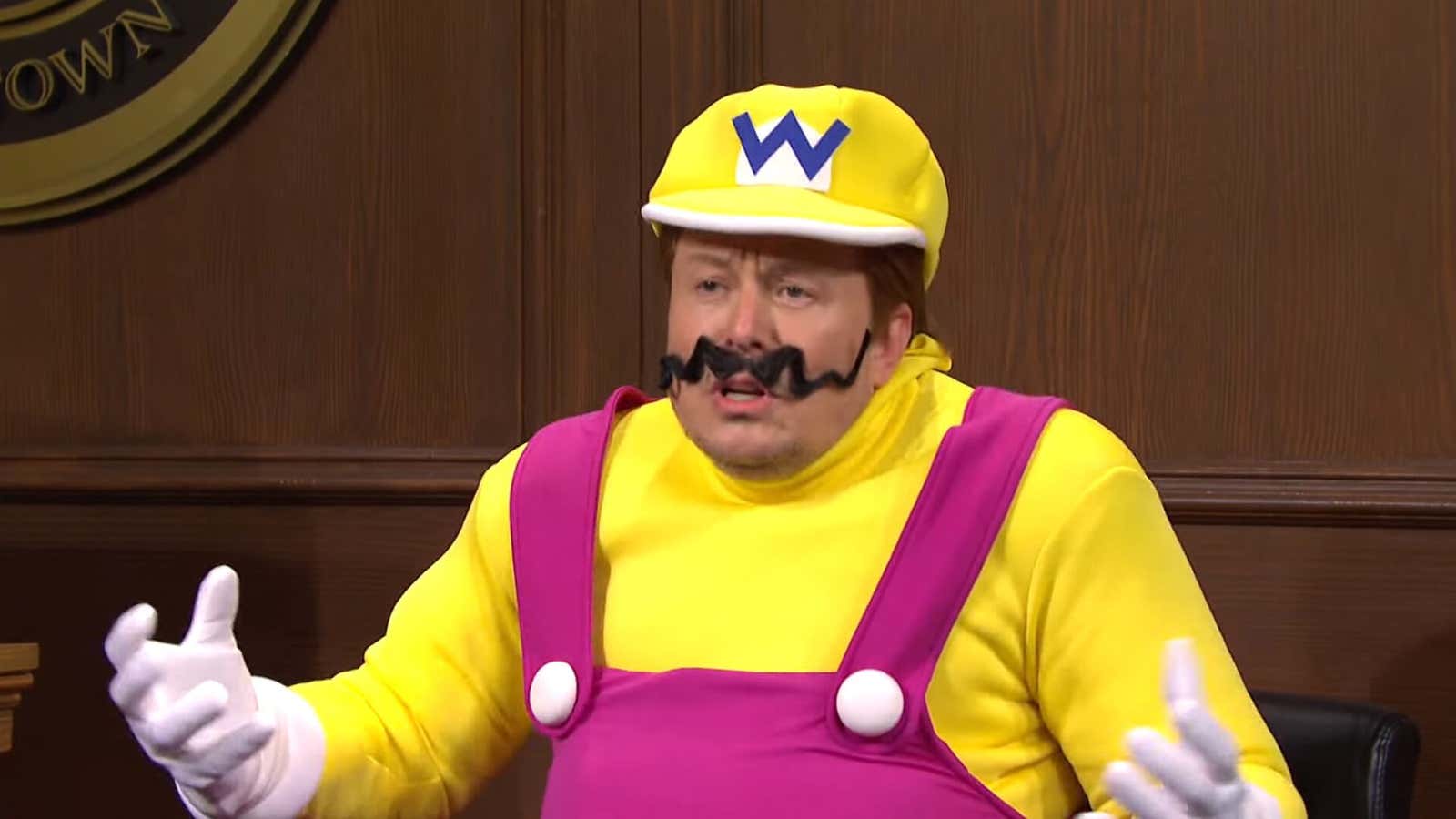Last night’s episode of Saturday Night Live, hosted by Elon Musk, was far from its worst ever. And yet it still may have marked the long-running sketch show’s nadir. Musk’s presence, and the sketches that followed, were part of a cynical ploy to boost the show’s pop culture capital within an entertainment landscape that has largely passed it by.
TV ratings for SNL, along with most other live content on US television, have plummeted in recent years. After a brief rebound in the run-up to the 2020 US presidential election, its viewership has dropped again, hitting a season low point in March. The pool of pay-TV watchers has shrunk, and shows like SNL are not only struggling to reach the few that are left, but are also failing to connect with the younger entertainment consumers who have vacated TV altogether for platforms like YouTube and TikTok.
Enter Musk, the controversial SpaceX and Tesla CEO and one of the richest people in the world, perhaps known best in recent months for his trollish social media posts and obsession with the Dogecoin cryptocurrency. When NBC announced that Musk would host the episode, it immediately courted backlash. Musk had spent much of the last year spreading Covid-19 misinformation to his millions of followers.
Some SNL cast members took to social media to voice their displeasure at the selection. But even that, ultimately, felt like part of a publicity stunt to elevate the drama.
From subversive comedy to meme factory
Once the episode began, it was clear Musk was there to generate headlines—not to perform (or attempt to perform) comedy. Certain skits, like one in which Musk portrayed the Wario character from the Mario video game series, seemed precision-engineered in a lab to become memes, rather than to make people laugh in the moment, as Saturday Night Live once did. Musk’s Wario wasn’t actually funny, but it did provide the goofy visual fodder that internet meme creators will love:
That may have been the show’s producers recognizing what is valuable in today’s pop culture economy. But it was also a vast departure from what the show was for several decades—a subversive live comedy phenomenon that sought to knock powerful figures down a peg, not to prop them up.
Relying on cults of personality
Like when former US president Donald Trump hosted the late-night series as a presidential candidate in 2015, SNL did not try to address Musk’s often dangerous cult of personality. Instead, it wanted to endear him to the audience. The show’s writers gave him a few self-deprecating—but exasperatingly anodyne—jokes to tell. (“I reinvented electric cars and I’m sending people to Mars on a rocket ship,” he said. “Did you think I was also going to be a chill, normal dude?”) They had him explain Dogecoin to “Weekend Update” hosts Colin Jost and Michael Che. (The cryptocurrency’s value, hilariously, took a nosedive while Musk was hosting—perhaps a sign that supporters were not impressed with the episode.)
Most parts of the episode reeked of shamelessness. An innocuous opening sketch pandering to Mother’s Day was a blatant attempt to quickly earn back some goodwill, knowing that the Musk selection likely put some viewers on edge. An abominable sketch trying to make fun of Generation Z (which felt more like a bad TikTok than a late-night comedy skit) was exactly the thing Gen Z accuses older generations of doing—trying too hard to be cool in a world where they just aren’t anymore.
There was a time when SNL would have roasted this weekend’s episode of SNL. But, today, that’s just what the show is.
SNL’s Musk decision probably worked—for now
The ploy might pay off. Google search trends revealed an uptick in interest for SNL in the past week, and ratings are widely expected to be among the best in recent memory. The episode was also the first ever to be live-streamed internationally (on YouTube)—so even if US TV ratings fail to break records, it’s possible it was still the most-watched episode ever when accounting for online views from outside the US.
If SNL’s attempt to return to the center of the cultural conversation does succeed, it will probably be short-lived. There is no returning live TV to its glory days. Consumers are too spread out across platforms, and younger generations have demonstrated little interest in reviving the cultural touchstones of old. Using a uniquely divisive figure like Elon Musk is one way to bring back some fleeting relevance. But there are only so many people in the world like him. And only so many people watching TV to care.
